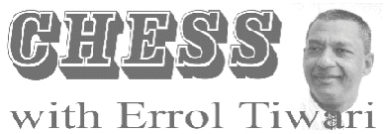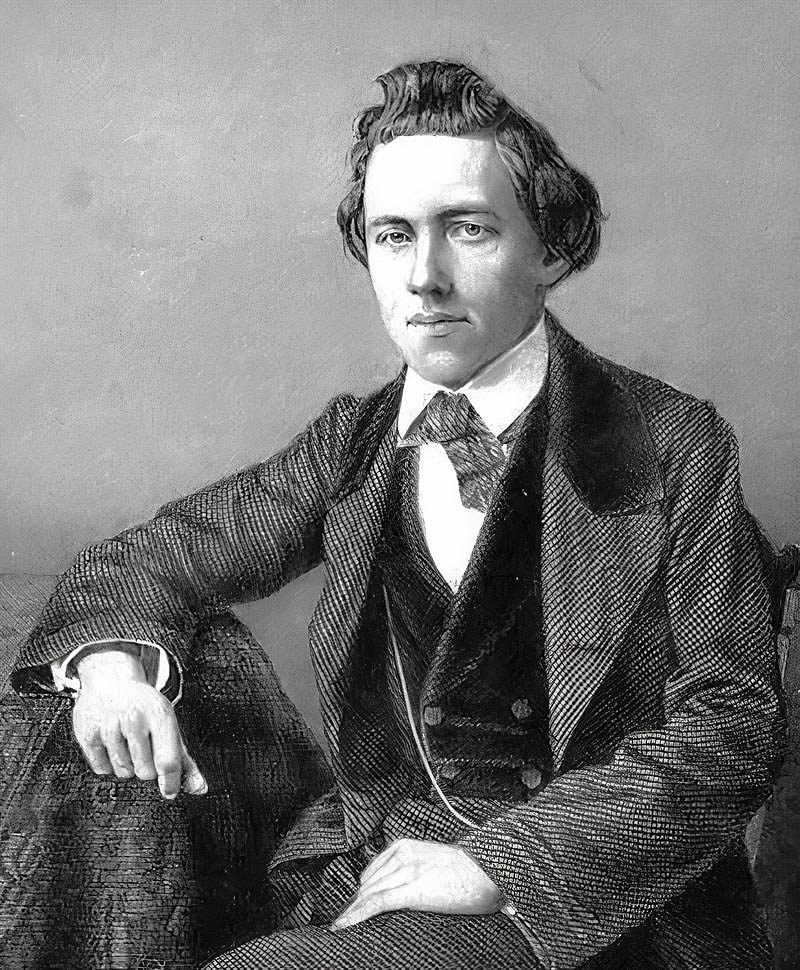 The question of who is the greatest chess player of all time is constantly being asked and debated. For English grandmaster, mathematician and writer Jonathan Speelman, the strongest players of recent times are Bobby Fischer, Anatoly Karpov, Garry Kasparov and Magnus Carlsen, in that order. One can add Viswanathan Anand and Vladimir Kramnik to that list, keep-ing to world champions only.
The question of who is the greatest chess player of all time is constantly being asked and debated. For English grandmaster, mathematician and writer Jonathan Speelman, the strongest players of recent times are Bobby Fischer, Anatoly Karpov, Garry Kasparov and Magnus Carlsen, in that order. One can add Viswanathan Anand and Vladimir Kramnik to that list, keep-ing to world champions only.
In the 19th into the 20th centuries, Germany’s Emanuel Lasker, Cuba’s Jose Raul Capablanca and Russia’s Dr Alexander Alekhine, all world champions, were unmatched. Lasker, for example, held the world championship title for a record 27 years.
Earlier than that, American Paul Morphy was a prodigious talent. He crushed everyone in his path although he was never world champion. His biography, Paul Morphy: The Pride and Sorrow of Chess, reveals that in his short career of about a year and a half, he was the finest natural player of his generation. But he retired early from chess and grew to despise the game. Fischer had written of him: “Morphy was perhaps the most accurate chess player who ever lived… In a set match Morphy could beat anybody alive today”. Grandmaster Reuben Fine put it even more strikingly: “Imagine Joe Louis at his prime in a country where his most dangerous opponent was 5’6” and weighed 150 pounds.” Who can begin to conceive of Morphy’s real strength? All we have left are the splendid games Morphy played.
Speelman may have mentioned Fischer first, primus inter pares, because he attained a FIDE rating of 2785 following his victory over Russia’s Boris Spassky in 1972. That would be number five on today’s ELO rating list. Fischer was 100 points above Spassky when they played for the champion-ship title. Also, the facts speak for themselves. In the Candidates matches of 1971, up to the world championship, the results were as follows:
 1. Fischer vs Mark Taimanov—6-0
1. Fischer vs Mark Taimanov—6-0
2 .Fischer vs Bent Larsen—6-0
3. Fischer vs Tigran Petrosian—6½ 1-2½
4. Fischer vs Boris Spassky—12½-8 ½.
US grandmaster Yasser Seirawan named his top five chess players as Kasparov, Karpov, Fischer, Carlsen, and Anand in that order.
In my view, Fischer was the best simply because he was a workaholic, working at chess tirelessly. And in Fischer’s time there were no chess engines or databases, everything accomplished through studious work. To measure or not to measure? Somehow, I believe the arguments are destined to go on.










